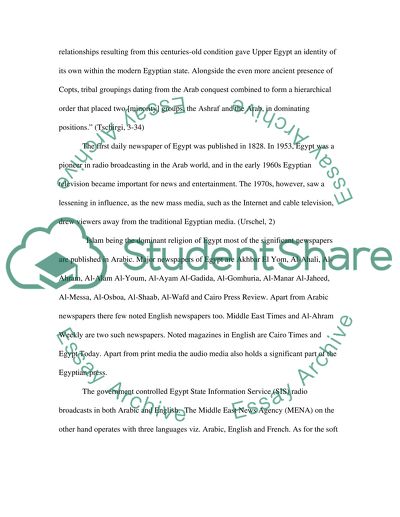Cite this document
(Words and Oppressions in Egypt Essay Example | Topics and Well Written Essays - 1750 words, n.d.)
Words and Oppressions in Egypt Essay Example | Topics and Well Written Essays - 1750 words. https://studentshare.org/media/1512314-egypt-words-and-oppressions
Words and Oppressions in Egypt Essay Example | Topics and Well Written Essays - 1750 words. https://studentshare.org/media/1512314-egypt-words-and-oppressions
(Words and Oppressions in Egypt Essay Example | Topics and Well Written Essays - 1750 Words)
Words and Oppressions in Egypt Essay Example | Topics and Well Written Essays - 1750 Words. https://studentshare.org/media/1512314-egypt-words-and-oppressions.
Words and Oppressions in Egypt Essay Example | Topics and Well Written Essays - 1750 Words. https://studentshare.org/media/1512314-egypt-words-and-oppressions.
“Words and Oppressions in Egypt Essay Example | Topics and Well Written Essays - 1750 Words”. https://studentshare.org/media/1512314-egypt-words-and-oppressions.


